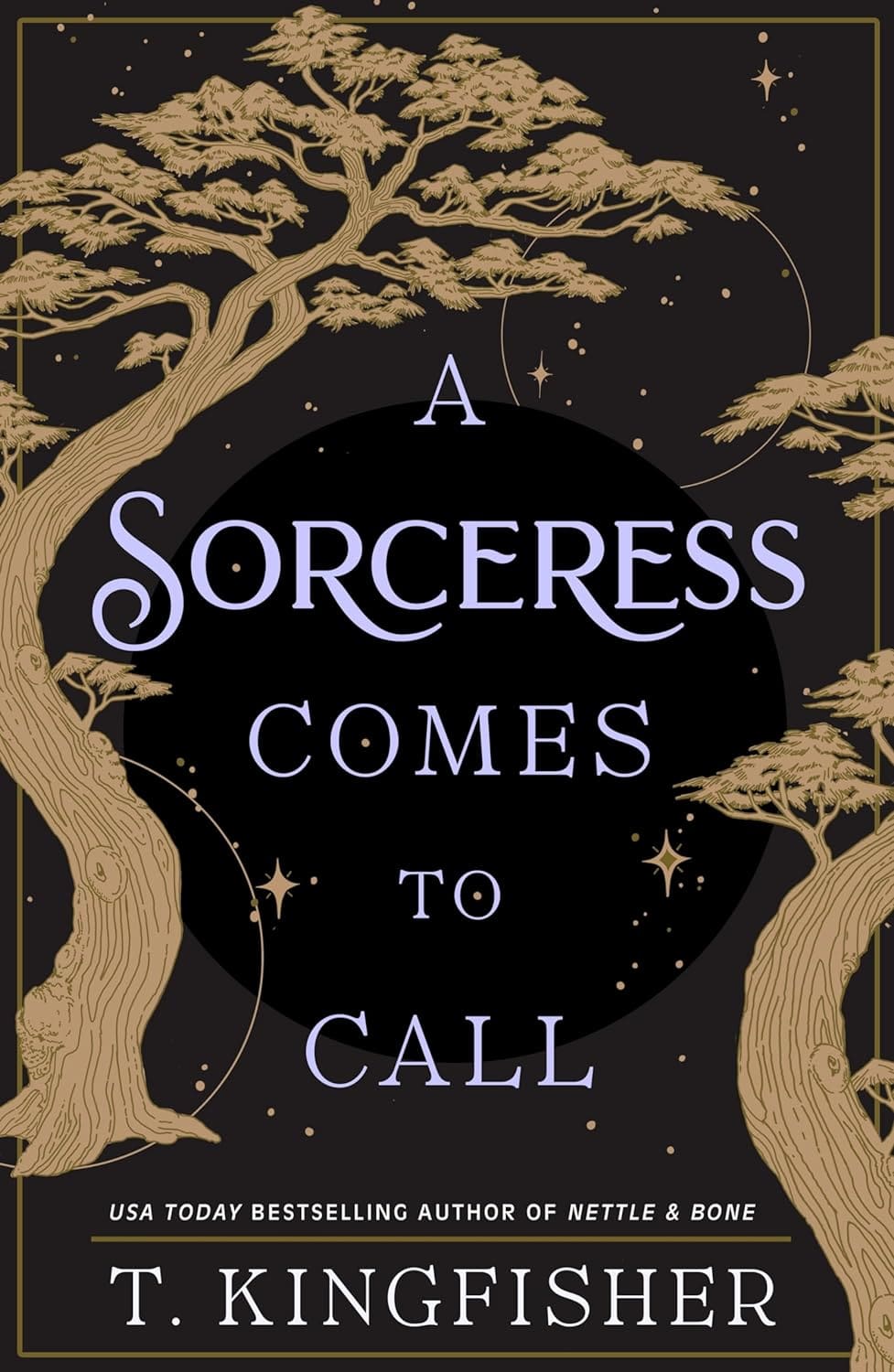
Synopsis:
Cordelia knows her mother is . . . unusual. Their house doesn’t have any doors between rooms—there are no secrets in this house—and her mother doesn’t allow Cordelia to have a single friend. Unless you count Falada, her mother’s beautiful white horse. The only time Cordelia feels truly free is on her daily rides with him.
But more than simple eccentricity sets her mother apart. Other mothers don’t force their daughters to be silent and motionless for hours, sometimes days, on end. Other mothers aren’t evil sorcerers.
When her mother unexpectedly moves them into the manor home of a wealthy older Squire and his kind but keen-eyed sister, Hester, Cordelia knows this welcoming pair are to be her mother’s next victims. But Cordelia feels at home for the very first time among these people, and as her mother’s plans darken, she must decide how to face the woman who raised her to save the people who have become like family.
Review:
Over the course of more than a dozen books, T. Kingfisher has been carving out a careful niche that straddles the lines between horror, fantasy, and a very particular kind of domestic humor. The hallmarks of this niche involve rather everyday kinds of characters (often middle aged women) who are confronted with some supernatural challenge that splits open their otherwise rather serene worlds. The sources of these disruption can be anything from portals to another world to zombifying spores, but the important element–the Kingfisher mark–is a kind of wry humor that exists between our protagonist and their loose assembly of quirky and lovable supporting players.
Saying it this way makes it sound rather formulaic, but somehow it is not. It really comes down to a kind of vibe: cozy, archly funny, and occasionally horrific.
A Sorceress Comes to Call fits neatly inside this container, and it performs all of its requisite duties admirably well. After the author’s recent play in the world of Poe (What Moves the Dead), Kingfisher asks the important question, “What if we were in a Jane Austen novel, but with witchcraft?”
The answer is delightful.
The witchcraft in question is quite horrifying, however, with our fourteen year old protagonist, Cordelia, living under the constant threat of being made ‘obedient’ by her sorceress mother. This obedience goes quite a bit further than any Regency era gender politics. In fact, her mother can literally control Cordelia like a puppet, making her act and speak against her own will.
Before long, her mother has used these abilities to commit a horrific crime, and the two of them, along with the horse familiar, Falada, are off on the most important quest in any Regency novel: to find a husband.
What they find is Hester, a classic Kingfisher heroine. At fifty, and with a bad knee, she is not only a spinster, but feels positively ancient and used up. But she is, in both the tradition of Kingfisher and Austen, a resourceful, observant, and wickedly funny woman, determined to protect what autonomy a woman might possess while also lamenting her missed chance at love.
These two wolds collide when Hester’s brother announces his upcoming marriage to Cordelia’s mother, and then it’s game on, in a battle of the wits, and of magic.
There are tensely fraught dinner conversations, but there are also grizzly murders. There is a comedy of manners, but there is also a headless, glowing horse thing that roams the grounds at night and might have a few too many legs.
Through it all, there is a growing relationship between Cordelia and Hester, her surrogate mother figure, that is sweet and poignant, as they team up to defeat the sorceress who threatens to destroy the peaceful pleasures of these landed gentry.
Despite a little upstairs/downstairs mingling, A Sorceress Comes to Call manages to ignore almost all politics, save of course for the politics of bodily autonomy, especially that of women’s bodies, and that’s a bit of a shame. That these characters’ lives of leisure are almost by definition based on the oppression of others, near or far, is simply never addressed, and that seems an odd omission in a book so concerned with questions of free will. In fact, the dutiful servants are all too happy to go along with whatever insane plan their masters concoct.
Kingfisher gives herself a bit of an out by placing the story in a nameless somewhere that just happens to look a lot like nineteenth century Europe, but it doesn’t quite wash, and the book misses an opportunity to expand its theme in thoughtful and challenging ways.
But that also would have been quite a departure from the Kingfisher niche, which is, despite the occasional horror, always built on a bedrock of cozy familiarity, so one simply goes along for the ride and asks fewer questions. The ride is worth it.








Leave a Reply